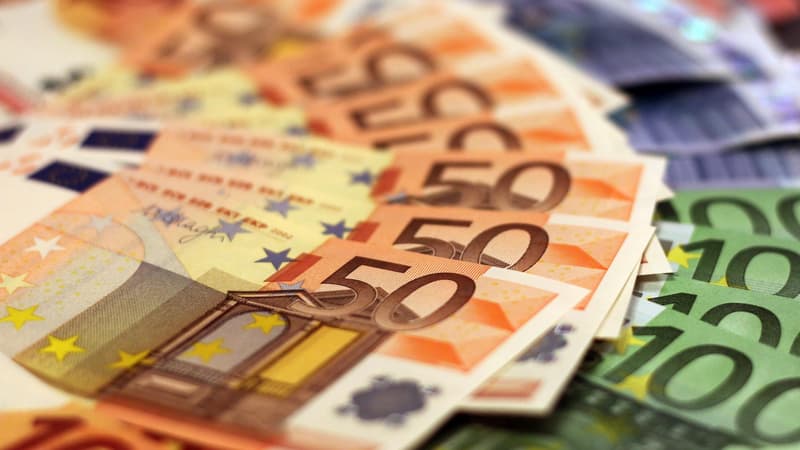Eight years after the Lithuanians, the Croats are also adopting the euro. On January 1, Croatia will abandon its national currency, the kunas, to adopt the common currency. The small country of 3.9 million inhabitants will be the 20th to join the euro zone. In the future, Croatian coins will show the country’s map, a marten or the engineer Nikola Tesla. For the former Yugoslav Republic, one of the weakest economies in the European Union, this is a big step forward… without being a true revolution.
Because Croatia is already very attached to the single currency. The Croats, wary of the kunas Due to the economic instability that the country experienced in the 1990s, they have long used the euro as their reference currency, before it was the German mark. Most bank deposits are already denominated in euros, as are large purchases such as real estate or cars. In addition, the euro is common in a country where tourism, which accounts for 20% of GDP, is supplied by a mainly European clientele.
Bulgaria in 2024?
But the Croats are likely to be the last to adopt the single currency before long: some European countries are far from meeting the necessary criteria, and others are deliberately dragging their feet to push the deadline as long as possible. By joining the European Union, the new Member State eventually agrees to adopt the single currency: this is the condition sine qua non for membership. With Croatia preparing to switch to the euro, there are now seven EU member countries that are still outside the euro area.
To enter the euro area, four criteria must be met: an inflation rate no more than 1.5% higher than that of the three best-performing Member States, a public deficit of less than 3% of GDP, and a debt less than 60% of GDP, a long-term interest rate close to that of the three best-performing Member States in terms of price stability, and participation for at least two years in the European Exchange Rate Mechanism (ERM II) .
Bulgaria is betting on 2024, but the deadline seems uncertain. However, like Croatia, the country has participated since July 2020 in ERM II, the antechamber of the euro zone. But Brussels has not yet given its final green light, considering that Bulgaria does not sufficiently meet the necessary conditions. Though hoping to quickly join the euro zone, neighboring Romania has continued to postpone its entry goal, failing to meet the required criteria. The country, which has not yet participated in ERM II, is now betting on 2029.
danish exclusion
On the Central European side, the time is not at all for the single currency. The Czech Republic is reluctant to abandon its national currency: the conservative government still claimed last November that the adoption of the euro was “not in the news”, without giving a potential date. The situation is similar in Poland and Hungary, governed by eurosceptic parties that delay the transition to the euro and refuse to give a possible date for entry into the euro zone, despite the fact that the population declares itself in favor.
Denmark, a member of the European Union since 1973, has not yet relinquished the Danish crown. The Scandinavian country got a “opt out“, that is, an exception that excludes it from the obligation to adopt the euro. And Copenhagen should not give in any time soon, the Danes being unfavorable. 1995, also kept the Swedish krona: the country meets all the necessary criteria, but it voluntarily refuses to participate in ERM II to block its entry into the euro zone.
Source: BFM TV


